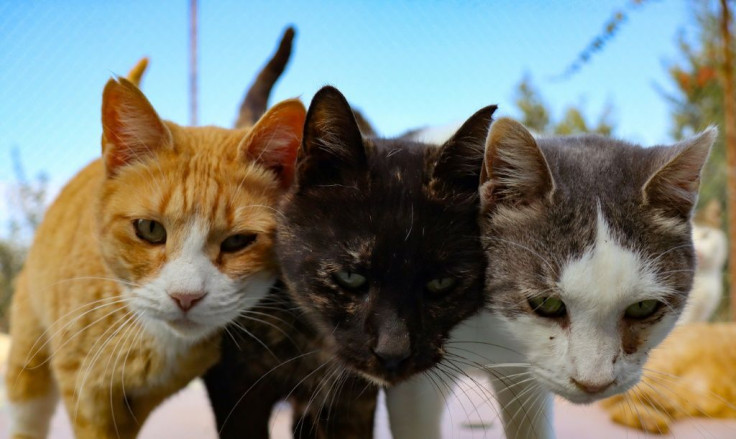Spay/Neuter Awareness Month: 3 Key Benefits Of The Procedures
February is Spay/Neuter Awareness Month. Although some pet parents may be hesitant to have their pets undergo these procedures, they actually have benefits for their pets and the community.
Spaying and neutering are both surgical procedures wherein the pets' reproductive organs are removed. In spaying, the veterinarian removes the female pet's ovaries and sometimes the uterus as well, while the testicles of a male pet is removed during neutering.
While the procedures may sound rather harsh, they actually pose benefits for pets' health as well as for the animal population as a whole. Let's have a look at some of them on Spay/Neuter Awareness Month.
Pets can be healthier
Spaying and neutering may improve pet health as it eliminates the chances of developing illnesses that arise from breeding, Humane Society International (HSI) noted. For instance, it can help prevent breast tumors in female pets and testicular cancer in male pets, Professor Andrea Peda, DVM of Ross University School of Veterinary Medicine (RUSVM), said.
Spaying or neutering at an early age has also been shown to allow pets to even live longer. According to the HSI, sterilized dogs may potentially live an average of one to three years longer, while sterilized cats may increase their lifespans by three to five years more.
It helps control their population, reduce animals' suffering
As a means of birth control, spaying and neutering helps control homeless animals' populations, thereby preventing more animals from experiencing harsh conditions and suffering from disease or neglect.
In the U.S., approximately 70 million homeless cats and dogs struggle to survive, the People for the Ethical Treatment of Animals (PETA) noted. Moreover, among the more than six million cats and dogs that end up in animal shelters, about half of them are euthanized if there aren't enough homes for them. Euthanasia rates have even been seen to increase "exponentially" in places where there are no readily available spay/neuter programs, the HSI noted.
"Sterilizing pets prevents them from contributing to the problem of homeless or abandoned dogs and cats," HSI noted, adding that human-dog interaction improves when the dogs have been vaccinated and sterilized.
It helps improve pet behavior
Since animals' sex hormones influence their behavior, spaying and neutering can reduce or perhaps even eliminate some hormone-related behaviors, RUSVM noted. For instance, females would no longer go into heat wherein they end up yowling loudly and urinating at various locations while finding a mate.
In the case of males, they may be less likely to roam away from the home, mark their territories, or display "intermale hormone-related aggressions." This could also mean saving the costs in caring for pets when they end up getting injured from when they roam or fight, HMI noted.
And even though some pet owners may think that spaying/neutering can reduce their dogs' tendency to protect, HSI noted that it is actually a part of dogs' natural instincts to protect the home and family. They may even be more protective because they're no longer distracted by the need to find a mate. RUSVM noted that aggressive behavior should also not be confused with protective behavior.
How To Observe Spay/Neuter Awareness Month
This February, people can observe Spay/Neuter Awareness Month by educating themselves about the procedures and perhaps learning more about the truths behind some of the myths surrounding them. For instance, some people may think that spaying or neutering will make pets fat, but truth is that a lack of exercise and providing them with too much food are the factors that actually contribute to pets gaining weight.
Pet owners may also take this opportunity to have their pets spayed/neutered, or even just talk to their veterinarian about the option. Others may help spread the word, for instance via social media, or perhaps contribute to the cause by helping to raise money for shelters that spay/neuter animals or even to just help another pet owner cover the cost of the procedure.

© Copyright IBTimes 2025. All rights reserved.






















